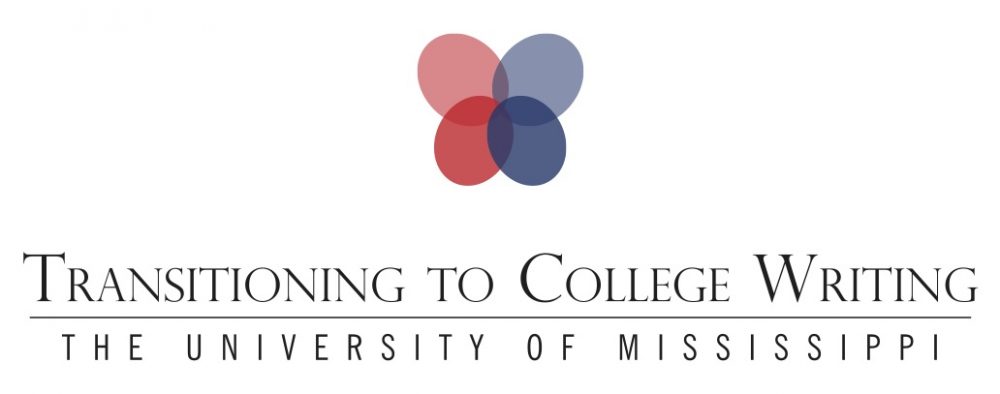In answer to Bob’s initial questions (In our current models of writing assessment, both high school and postsecondary, do we measure achievement, or learning? Is there a way to measure both?), I’d say we primarily measure achievement in the form of a finished document. We break these down and assess them categorically, and assign a grade based on how well each student has executed each aspect of an assignment. But I don’t think it’s really possible to engage in the complex task that is writing, which requires so many steps to complete, without learning a great deal in the process, including, perhaps, how to do it better next time.
That said, I think reflection is a great way to measure learning. I have found both e-portfolios and student evaluations useful in gauging what aspects of a course were the most effective and instructive. Yes, it’s self-reporting, which is always problematic because it is inexact and subject to bias, but even so, I think it can provide some valuable data regarding what students feel they have learned to do in a given writing course. Specifically, students will often express gratitude and pride at having mastered a task they initially dreaded, such as the correct rendering of APA-style documentation, the structure of a literature review, or the formulation of primary research.
I have taught sophomore level courses for some time, and so my students experience a different sort of transition. They often come to advanced writing courses after a long and deliberate hiatus from first-year writing, and are incredibly insecure about their writing abilities despite having completed much of the required curriculum. My task as a writing teacher has always been to coax students out of this thinking by showing them how to write in stages. I am always amazed to hear many students say that their previous writing experiences focused entirely on the finished product, but gave them very little instruction regarding how to generate and assemble content that would lead to a completed assignment. This is always something I enjoy showing them, as it dispels so many fears and shows students that they are, in fact, quite capable writers.
Also, I think what students learn in our courses are often taken with them into a wide variety of situations, from their major courses and even into their eventual chosen professions. One of the chief characteristics of what we teach—and what can sometimes make it difficult to assess our successes as teachers—is that the skills first learned in our writing classrooms have a tendency to develop, to self-perpetuate and grow as they are repeatedly used by our former students long after they have left us.
